Menu
It is estimated that half of today’s crises are somewhat predictable and 20 per cent are highly predictable, yet less than 1 per cent of the financing is pre-arranged. In recent years, the humanitarian community has actively pursued ways to get ahead of crises by helping people earlier, as soon as they see problems coming – taking anticipatory actions.
This toolkit offers practical guidance to OCHA staff in the field on how to build an anticipatory action framework.
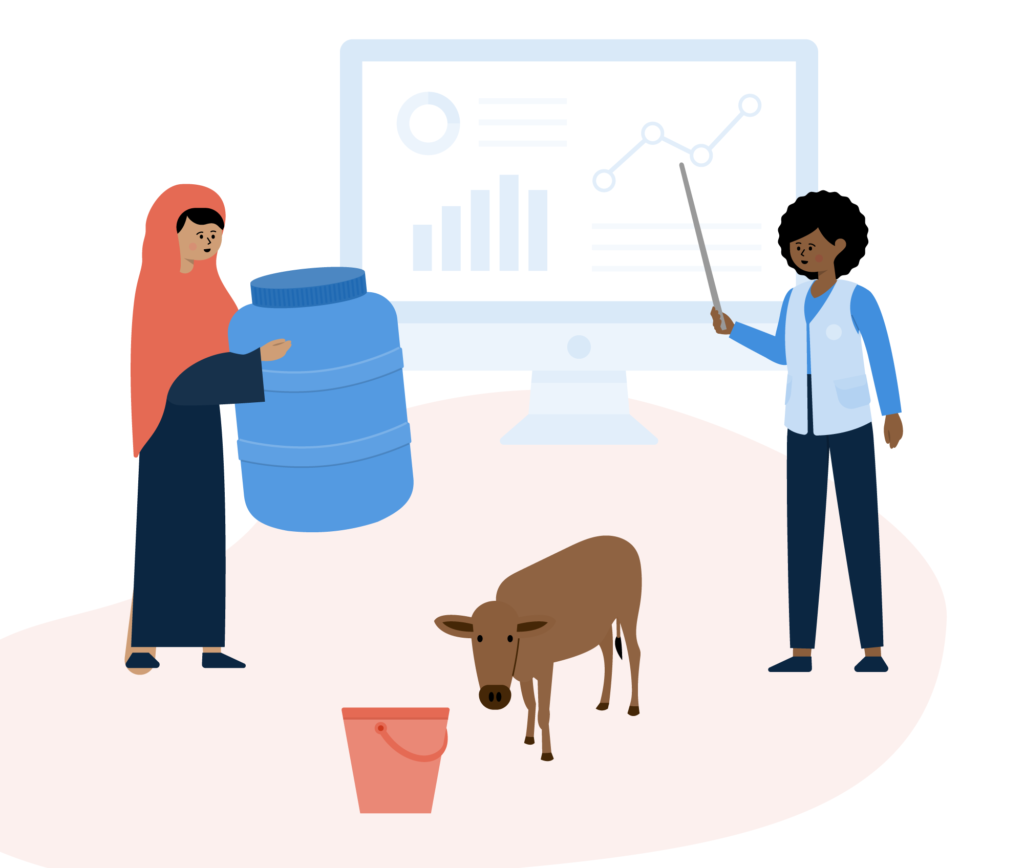
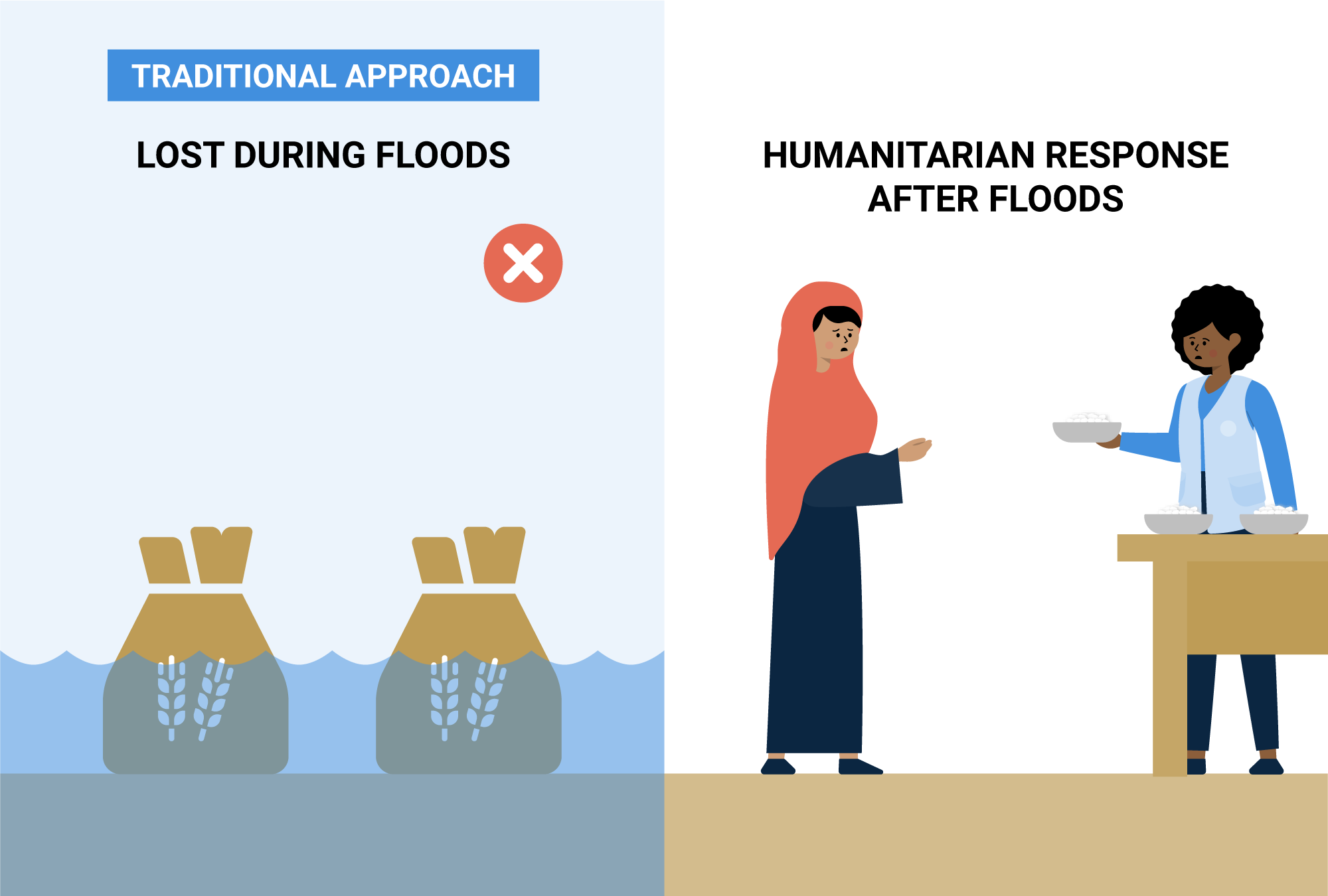
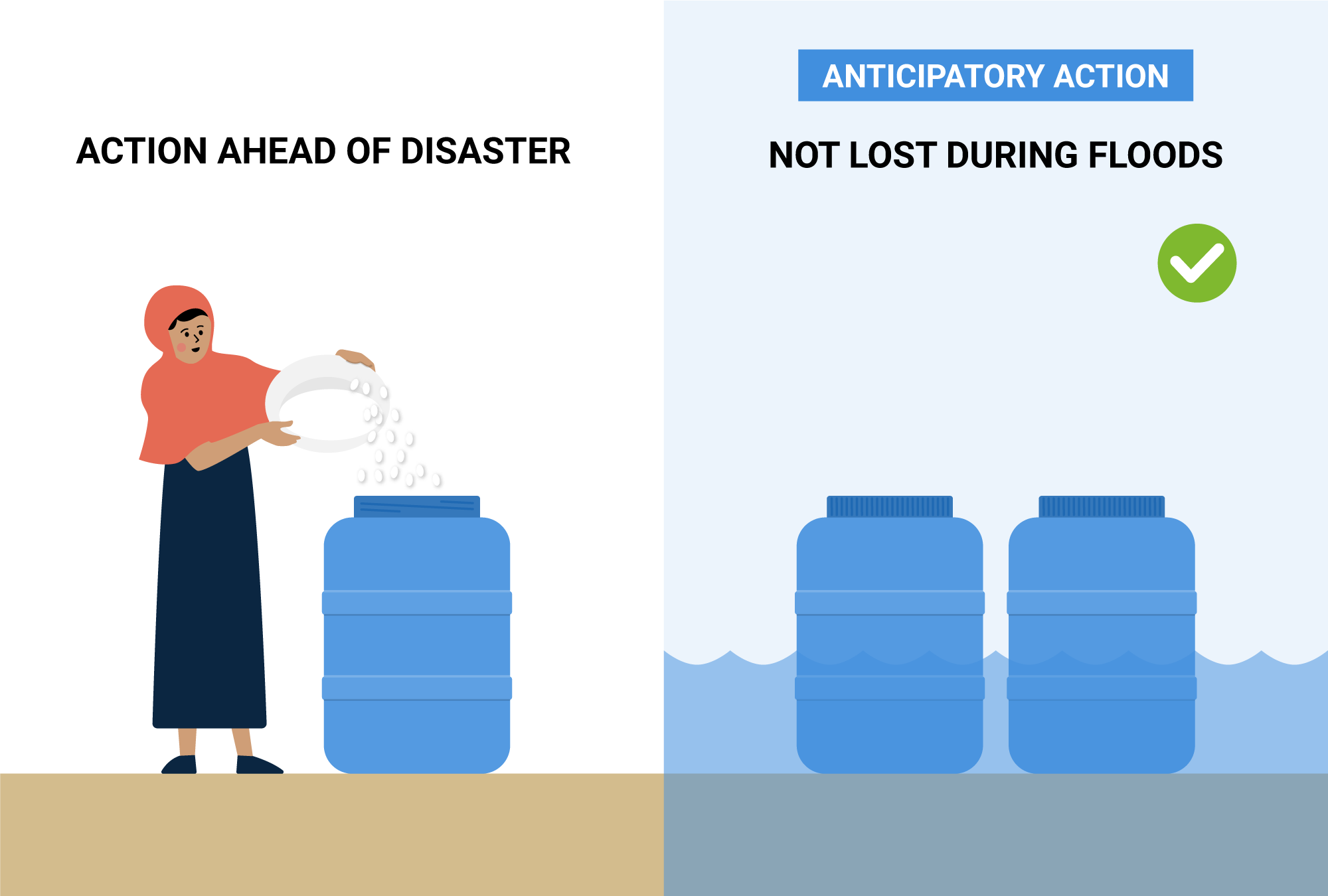
Taking an anticipatory approach to humanitarian action can reduce costs and suffering, protect hard-won development gains, and allow affected people to recover better and faster from disaster. The emerging evidence and independent impact evaluations prove that, when possible, anticipatory action is a faster, cheaper and more humane option.
To learn and demonstrate how collective anticipatory action can work at scale, the Emergency Relief Coordinator has committed up to US$140 million from the Central Emergency Response Fund (CERF) to pilot anticipatory action in a diverse range of contexts and for different types of shocks. The pilot programme is ongoing and generating valuable experience and lessons that have inspired the development of this toolkit, which offers practical guidance to OCHA field-based staff on how to build an anticipatory action framework.
An anticipatory action framework is a formal mechanism that enables humanitarian organizations to collectively get ahead of a predictable shock and mitigate its impact by pre-agreeing who will receive funding for what and based on which rules and triggers.
The toolkit reflects the know-how that OCHA and partners gained during country pilots, where anticipatory action frameworks were set up in Bangladesh, Chad, Ethiopia, Malawi and Somalia. It is intended as a documented case study to reveal the processes, choices, evaluation and overview of action.
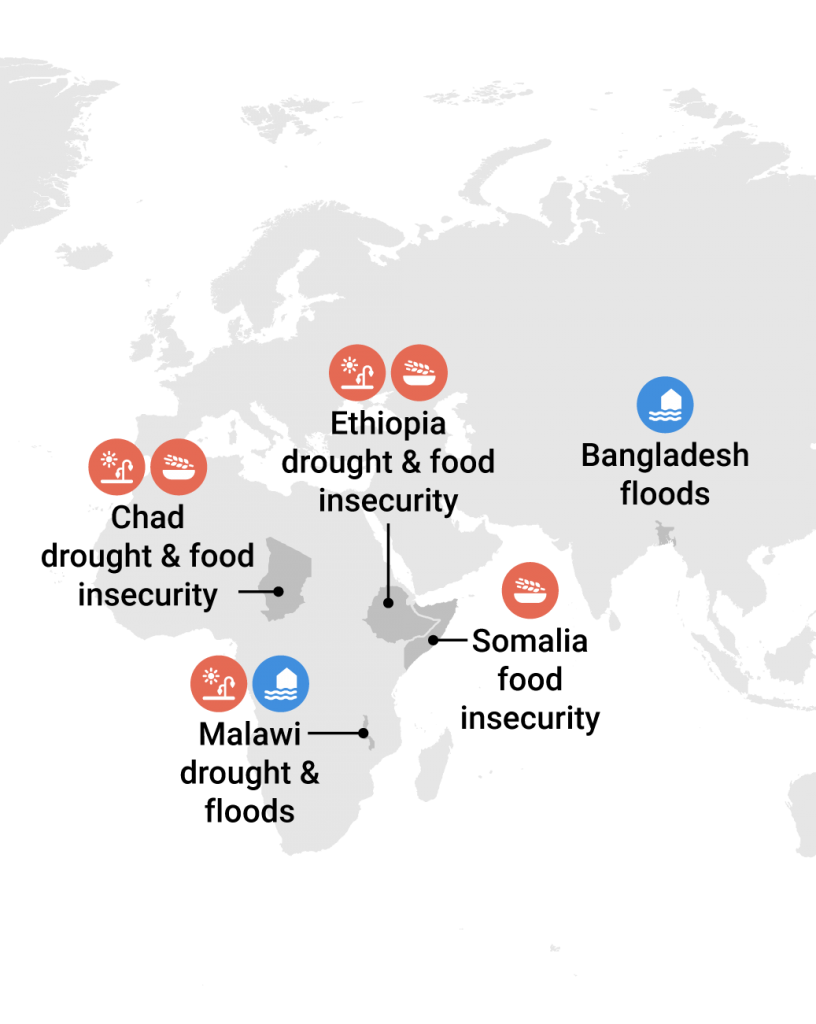
Before you dive in, a word of caution: The nature of anticipatory action is specific to the shock and location. No two anticipatory action frameworks are ever the same. Even if getting ahead of flooding in Bangladesh is technically and conceptually similar to doing so in the Philippines, the geographic, demographic, political, operational, cultural and socioeconomic differences require that anticipatory action is carefully tailored to the place and people in each country.
Furthermore, the views and knowledge of affected people need to be proactively considered in the design and implementation of anticipatory action. Mindful of this, the toolkit describes each step but also highlights important questions for teams to reflect on at different stages of the anticipatory action framework design process.
Practical tools are provided that could be used to learn from the process or to reproduce and expand on this work. The toolkit is not intended as a definitive guide on how to implement anticipatory action frameworks, but rather a living document and starting point from which to share the information and resources used by OCHA and to inspire future action as this approach evolves.
The Resident Coordinator/Humanitarian Coordinator (RC/HC), supported by OCHA and the RC Office (RCO) convenes, leads, and facilitates the process from planning to design, implementation , and monitoring and evaluation of anticipatory action frameworks in concert with NGO partners, UN agencies, relevant stakeholders, and government counterparts.
As per its mandate, OCHA plays a key role in convening these partners and efforts to bring anticipatory action to scale. This combines OCHA’s expertise and work on humanitarian data and predictive analytics; the Humanitarian Program Cycle, including the Humanitarian Needs Overview (HNO) and Humanitarian Response Plan (HRP) at country level; leadership of inter-sectoral coordination of humanitarian response and OCHA’s position as manager of the Central Emergency Response Fund (CERF) and the country-based pooled funds (CBPFs).
Various humanitarian actors have already adopted an anticipatory approach, like WFP, FAO, IFRC and Start Network NGOs.
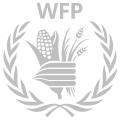


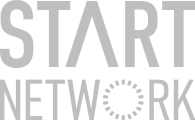
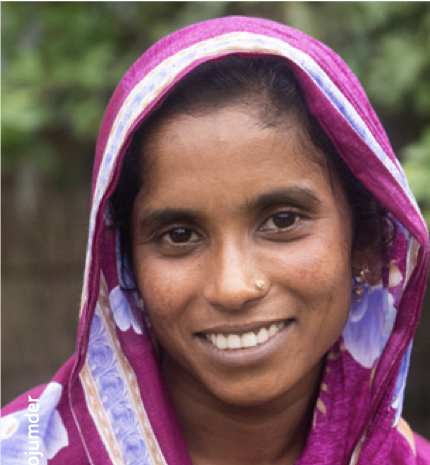
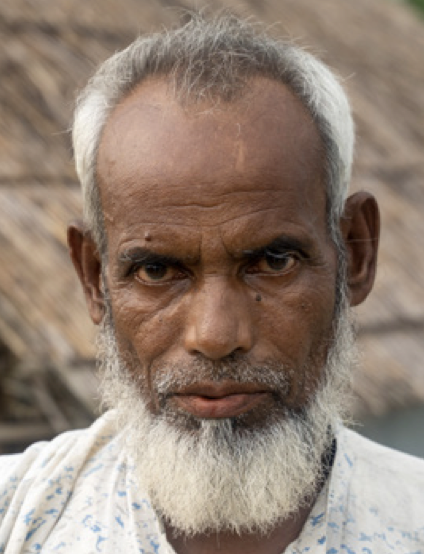
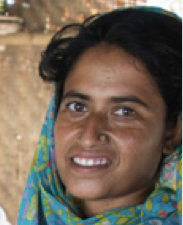
Service provided by
OCHA coordinates the global emergency response to save lives and protect people in humanitarian crises. We advocate for effective and principled humanitarian action by all, for all.
Except where otherwise noted, content on this site is licensed under a Creative Commons by 4.0 International license.